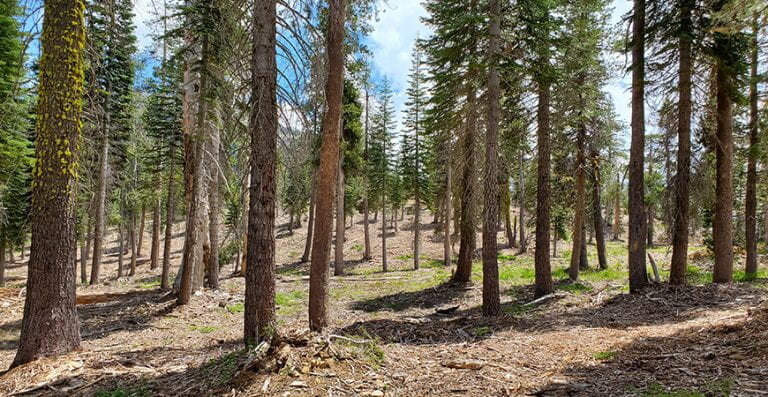11 Dec 2024

Tired Earth
By The Editorial Board

According to researchers at UCI, UC Merced and the UC Division of Agriculture and Natural Resources, scientifically based forest management practices could also curtail CO2 emissions from fires, promote carbon storage in remaining trees, and improve the reliability of water supplies for the state's agricultural sector, communities and hydropower producers.
In a paper published recently in Restoration Ecology, the scientists report that "ecosystem services" such as the improvement of air quality, wildlife habitat, soil retention and water resources had not been top of mind in previous forest management undertakings, which were devoted mostly to resource extraction.
"This research recognized that given the complexity of forest ecosystems across the western United States, the investments required and the management constraints, increasing forest resilience requires a range of actions," said co-author Benis Egoh, UCI assistant professor of Earth system science. "Accounting for perceived interactions of ecosystem services is key to multi-benefit valuation of restoration investments and to monetizing those benefits in equitable ways."
Co-author Roger Bales, UC Merced Distinguished Professor of engineering, said: "Reducing fuel loads is increasingly being recognized as an effective measure to transition our forests across the western United States from a destructive to a beneficial wildfire regime. Our research supports the perception that California's wildfire-vulnerable forests should primarily and urgently be restored to conditions that better regulate wildfire severity and thus provide greater fire protection and other ecosystem service benefits. Lower-severity wildfires are a natural and beneficial part of these ecosystems."
Source : phys.org
Comment